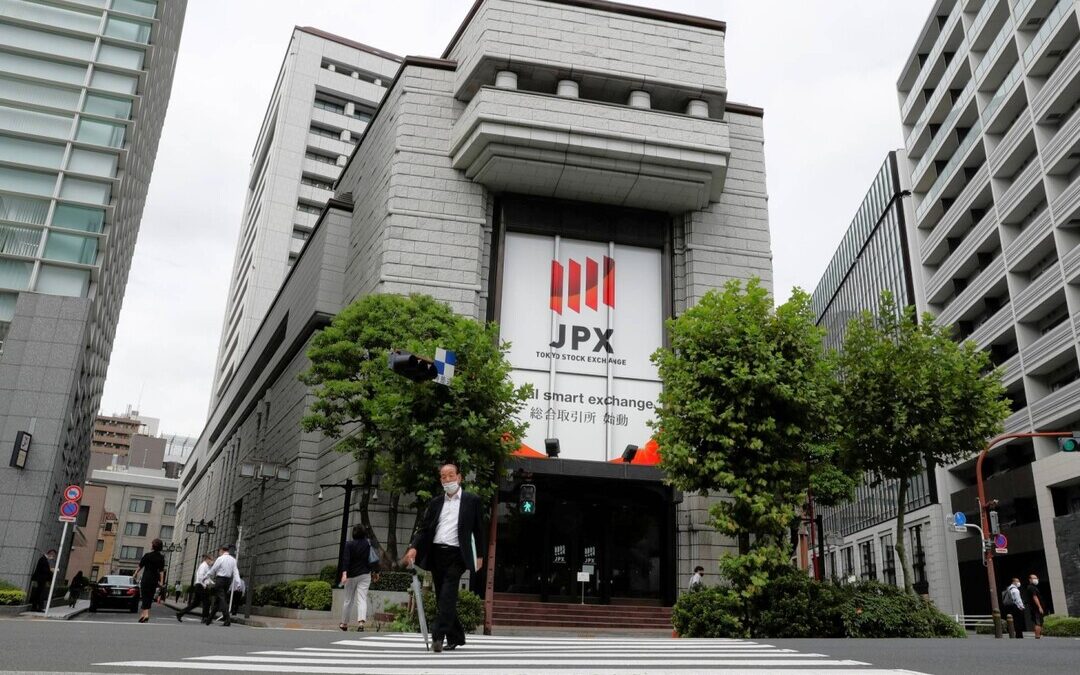Scope 3 Targets Lag in S&P Global’s Japan Supply Chain Sustainability Report
Japanese firms show strengths and gaps in sustainability practices, the Japan supply chain sustainability report reveals.
Japanese companies are ahead of their Asia-Pacific peers in setting supply chain codes of conduct and climate risk assessments but trail in supplier screening practices, according to the “Japan supply chain sustainability report” released by S&P Global Sustainable1.
The study, conducted in collaboration with the Japan Exchange Group, found that 85 percent of Japanese firms disclose their supplier codes of conduct, compared with 73 percent across the wider Asia-Pacific region and 84 percent in North America.
Japan also leads globally in incorporating biodiversity requirements into supplier standards, with 67 percent of companies including measures on biodiversity, compared to just 13 percent in North America.
However, only 28 percent of Japanese firms conduct supplier screening to identify environmental, social and governance risks, less than half the Asia-Pacific average of 56 percent. That gap widened in 2024 as more companies elsewhere adopted screening practices.
“Japanese companies are strong in setting expectations through supplier codes of conduct and biodiversity policies, but supplier screening remains an area where more progress is needed,” said Thomas Yagel, head of S&P Global Sustainable1. “Identifying suppliers that pose significant sustainability risks is increasingly important in today’s operating environment.”
Climate and Net-Zero Targets
The “Japan supply chain sustainability report” highlights the country’s leadership in climate risk management. Ninety-eight percent of Japanese firms assessed have processes to evaluate climate-related risks, compared with 85 percent globally. These assessments are more likely than in other regions to include both upstream and downstream supply chain risks.
Japanese companies also exhibit a high adoption rate of net-zero targets, with 84 percent committing to carbon neutrality, which is significantly higher than the global average of 62 percent.
Yet just 8 percent of those pledges include Scope 3 emissions or the indirect supply chain emissions that make up the bulk of corporate carbon footprints. Globally, 12 percent of companies have Scope 3-aligned targets.
“The inclusion of Scope 3 emissions is critical if companies are serious about decarbonizing their value chains,” Yagel said. “Without addressing supply chain emissions, corporate net-zero targets risk falling short of what’s needed.”
Regulatory and Market Drivers
Japan’s efforts come as regulatory scrutiny mounts worldwide. The country’s National Action Plan on Business and Human Rights, introduced in 2020, has been backed by new guidelines for supply chain human rights due diligence.
Meanwhile, the Sustainability Standards Board of Japan issued disclosure standards in March 2025 aligned with global frameworks set by the International Sustainability Standards Board.
Investor and consumer pressure is also rising. A 2024 Deloitte survey cited in the report showed nearly half of global consumers had purchased a sustainable good within the previous month, underscoring the demand for transparent and resilient supply chains.
Biodiversity in Focus
Japan stands out for integrating biodiversity into supply chain oversight. About 42 percent of Japanese companies conduct biodiversity risk assessments, roughly on par with Europe but ahead of most of Asia-Pacific. This reflects government guidelines published in 2023 urging companies to align with the Taskforce on Nature-related Financial Disclosures.
“Japan’s emphasis on biodiversity is noteworthy because nature-related risks are increasingly material for sectors like food, forestry and electronics,” Yagel said.
Despite strengths in disclosure and climate risk management, the report cautions that gaps in supplier screening and Scope 3 inclusion could expose companies to regulatory, reputational and operational risks.
“Supply chains are under unprecedented stress from climate change, geopolitics and shifting regulation,” Yagel said. “Companies that take a more comprehensive approach — including screening, assessment and development of suppliers — will be better prepared to withstand those shocks.”
Also Read:
DHL Supply Chain Rolls Out Hydrogen Fuel Cell Trucks in Japan Pilot Program
Nirmal Menon
Related posts

Subscribe
Error: Contact form not found.


